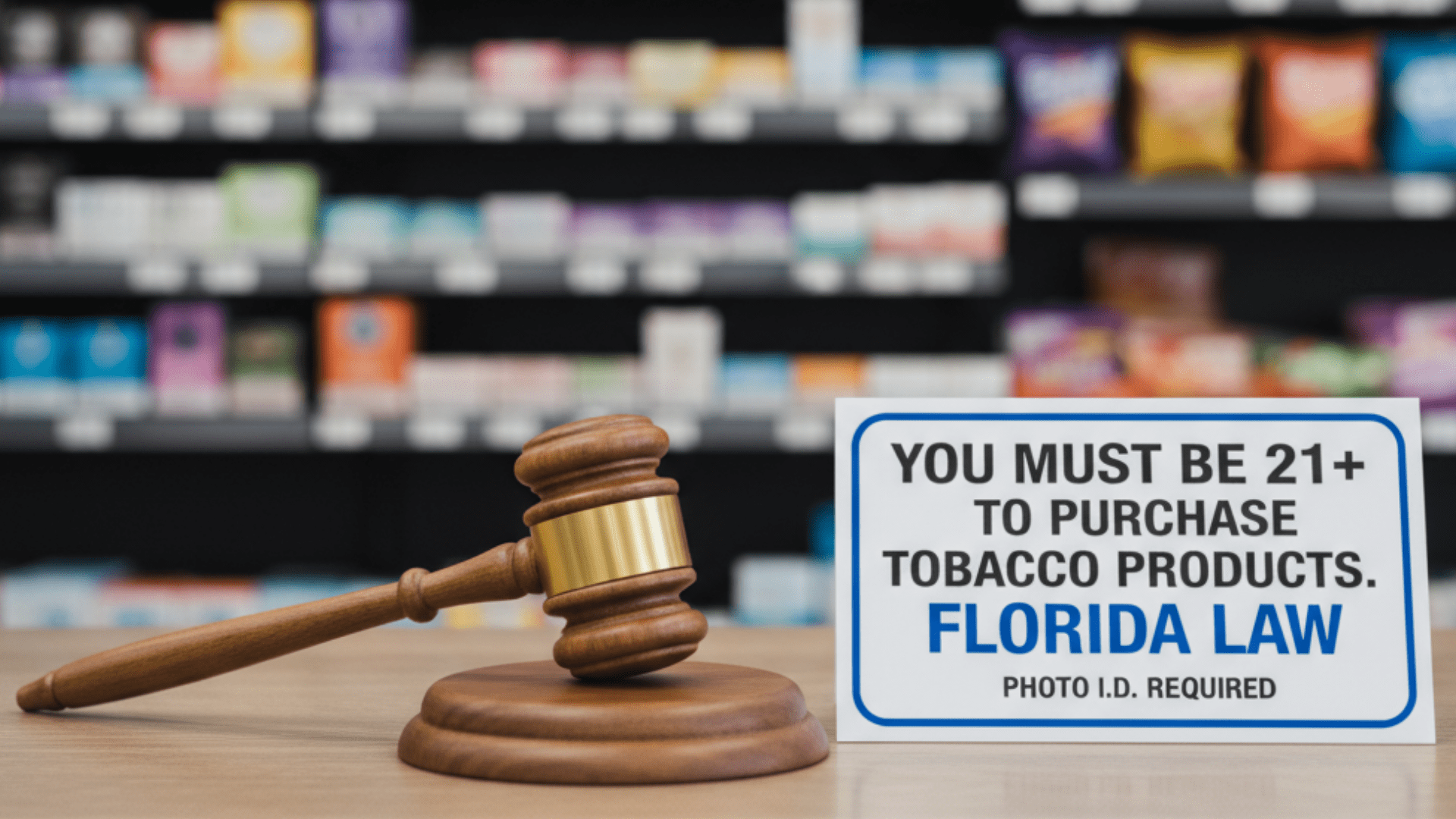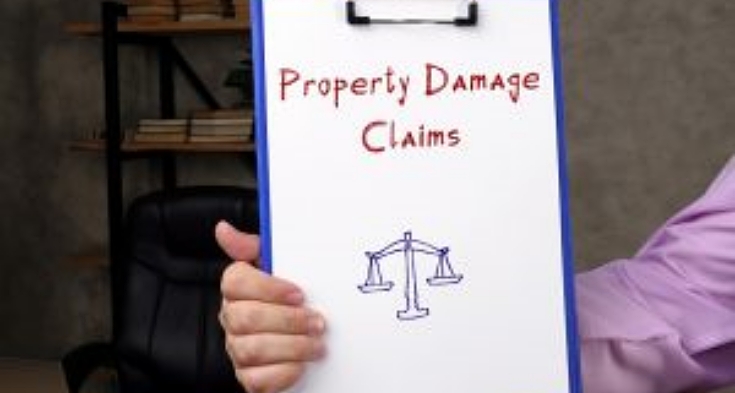
Being accused of selling tobacco or vaping products to someone under 21 is intimidating. Clerks often worry about their jobs, while owners fear losing their licenses. And the possibility of fines or a criminal record is overwhelming.
The law is serious, but you are not without options. With the right knowledge and the right legal guidance, you can protect your future.
Need immediate guidance? Call Elevate Legal Services, PLLC today on 561-770-3335 for a confidential consultation, or contact us to speak with an attorney about your case.
In this post, you’ll learn what Florida law says, the penalties for clerks and business owners, how sting operations work, common defenses, and what steps to take if you are cited. You’ll also find answers to frequently asked questions and a compliance checklist to help reduce risk.
Florida Law: Selling Tobacco and Vaping Products to Minors
Florida Statutes, Chapter 569, prohibits selling, delivering, or providing tobacco or nicotine products to anyone under 21.
The law applies to:
- Cigarettes, cigars, and smokeless tobacco
- Nicotine products such as pouches and e-liquids
- Nicotine dispensing devices, including e-cigarettes, vape pens, pods, and disposables
Here’s what that means legally: If a product contains nicotine, it is covered by Florida’s restrictions.
Who Can Be Charged?
Florida law places responsibility on both employees and businesses.
- Clerks and employees: May receive citations or face misdemeanor charges for completing an unlawful sale.
- Owners and license holders: Can face separate civil fines, license suspension, or revocation of their tobacco retail permit.
In short, both the person behind the counter and the business itself may be held accountable.
Penalties for Selling Tobacco to Minors
Penalties increase with repeat violations:
- First offense: Typically, a fine or citation; in some cases, a misdemeanor charge.
- Second offense (within 12 months): Higher fines and greater liability.
- Third or subsequent offense: Significant fines, possible suspension or revocation of a retail license, and criminal prosecution.
Here’s why these matters: Even a single citation can jeopardize your business license and record.
Vaping Products Are Included
A common misunderstanding is that vapes, or nicotine pouches are treated differently. Florida law is clear:
- Disposables
- Cartridges and pods
- Refillable vape pens
- Nicotine pouches
All are regulated the same way as cigarettes.
Florida’s ID Requirements
Retailers must verify age for anyone who appears under 30. Acceptable IDs include:
- A driver’s license
- A state-issued ID card
- A military ID
- A passport
Best practices to stay compliant:
- Use an ID scanner but always double-check the date of birth manually.
- Post requires signage where customers can see it.
- Maintain a refusal log for declined sales.
Sting Operations and Compliance Checks
Florida agencies regularly conduct compliance checks.
Here’s how they usually work:
- A minor decoy attempts to purchase tobacco or vaping products.
- If the sale is completed, officers issue a citation immediately.
- Evidence may include receipts, marked bills, or body-camera footage.
The way the operation is conducted can influence whether the evidence is admissible.
Common Defenses
If you are accused, potential defenses may include:
- Good-faith ID check: You reviewed what appeared to be a valid ID.
- Lack of proof of age: The state cannot prove the buyer was under 21.
- Entrapment or improper sting: Decoy conduct may invalidate the case.
- Evidence challenges: Missing video or procedural errors can weaken the prosecution.
What to Do After a Citation or Arrest
If you or your business is cited:
- Preserve surveillance footage from the date and time of the incident.
- Document the event—note what ID was shown, who was present, and what occurred.
- Do not make statements to investigators without legal representation.
- Contact an attorney quickly to meet deadlines and protect your options.
Acting fast can protect both your record and your business license.
Record Sealing and Expungement
For many people, long-term concern is protecting their future. Certain case outcomes such as dismissal or a withhold of adjudication, may make you eligible for record sealing or expungement.
This process can prevent employers, landlords, or licensing boards from seeing the charge.
Why Legal Representation Matters
An attorney experienced in these cases can:
- Assess whether the sting operation followed legal requirements
- Identify weaknesses in the prosecution’s evidence
- Negotiate with prosecutors to minimize penalties
- Protect your retail license from suspension
- Pursue outcomes that may preserve a clean record
Representation is not just about reducing penalties, it’s about protecting your future opportunities.
Compliance Checklist for Retailers
To lower the risk of violations, follow this checklist:
- Post all required signage.
- Enforce the “under 30 = card” policy.
- Accept only valid government-issued IDs.
- Use an ID scanner but confirm dates manually.
- Maintain refusal logs for declined sales.
- Provide and document employee training.
- Save surveillance video for 30–60 days.
- Conduct regular internal compliance audits.
Take Control of Your Case Today
Facing a citation for selling tobacco or vaping products to a minor in Florida is stressful but you don’t have to face it alone. With the right legal strategy, it is often possible to reduce penalties, protect your business license, and safeguard your future record.
At Elevate Legal Services, PLLC, we provide skilled, compassionate representation tailored to your situation. Our team is committed to guiding you step by step, answering your questions, and building the strongest defense available.
Call us today on 561-770-3335 for a confidential consultation or contact us to take the first step toward resolution.





